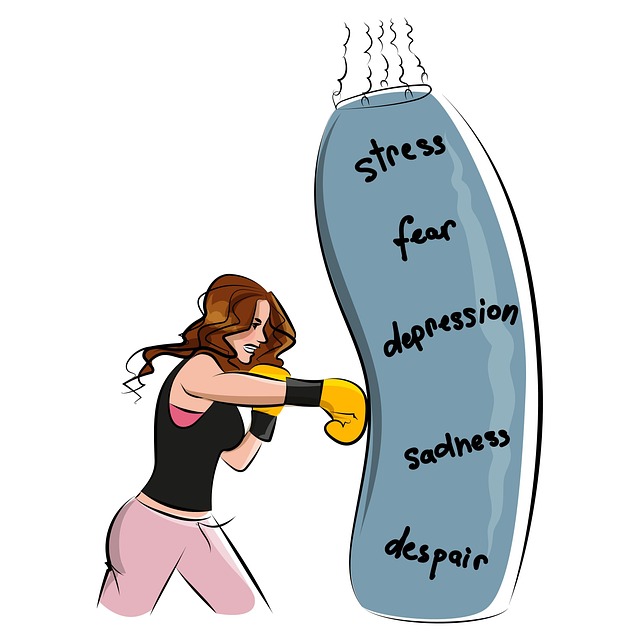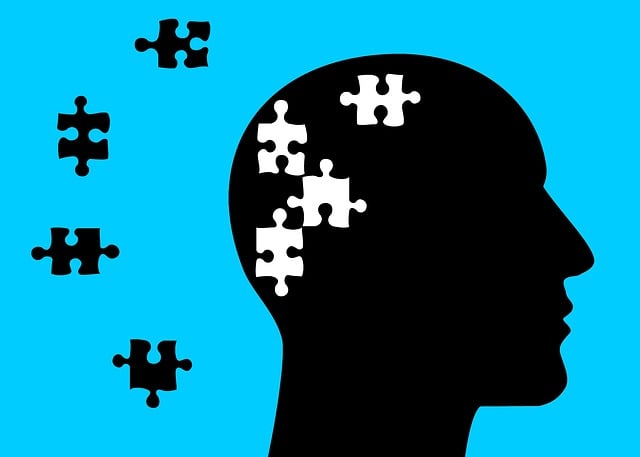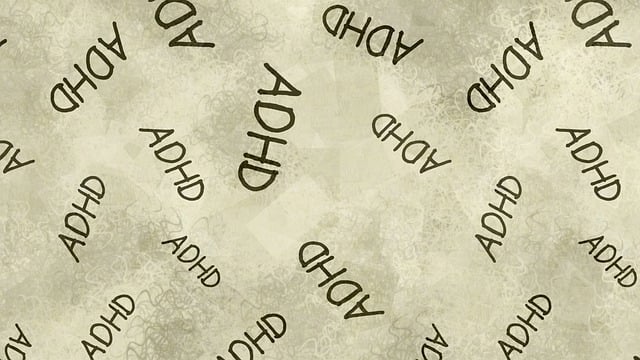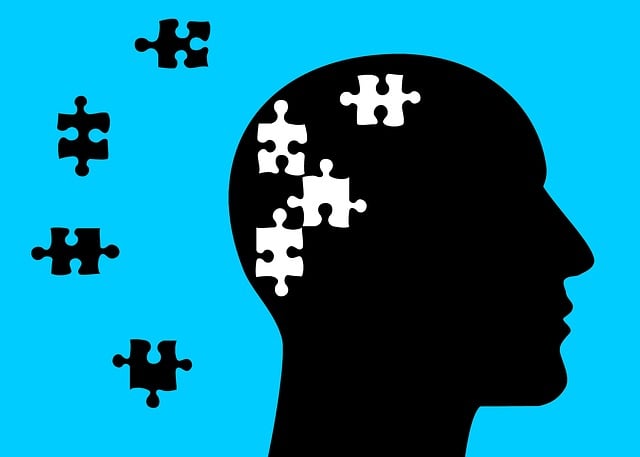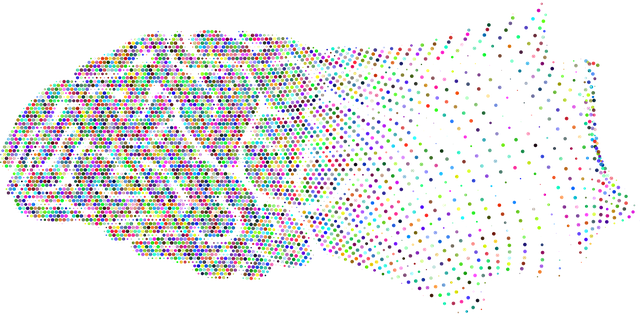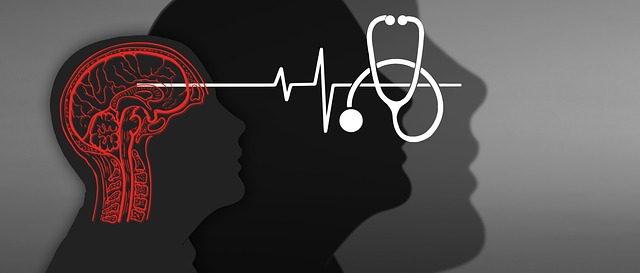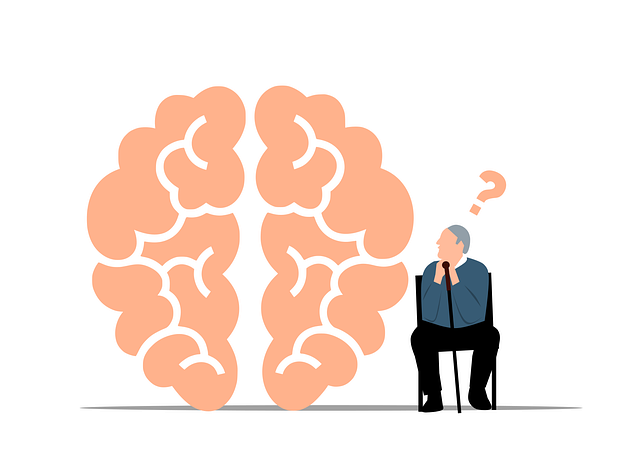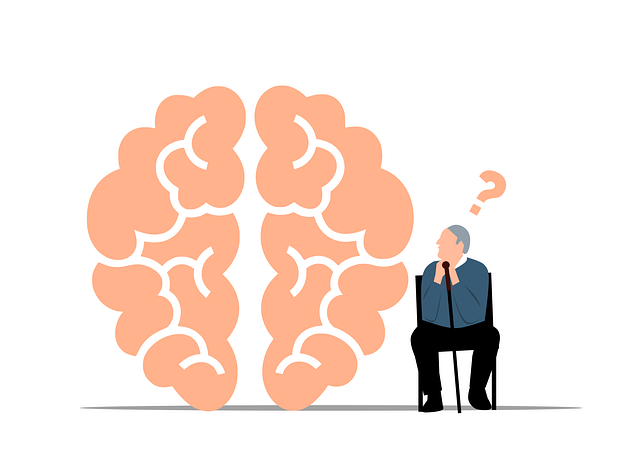Mental wellness journaling, championed by Lone Tree Adolescent and Teen Therapy, is a powerful tool for adolescents to navigate their emotions. By encouraging self-reflection through private expression, this practice cultivates mental health awareness and builds resilience. Teens gain insights into their psychological state, enabling them to identify and manage stress, anxiety, and other challenges. Regular journaling helps track progress over time, uncovering successful coping mechanisms that enhance overall emotional well-being. Consistent journaling routines, aligned with Mind Over Matter principles, empower teens to take control of their mental health and foster healthy habits for life.
“Unleash your inner strength with mental wellness journaling, a powerful tool tailored for adolescents and teens. This practice, backed by Lone Tree Adolescent and Teen Therapy, offers a safe space to express emotions, track thoughts, and foster resilience. In this guide, we explore the transformative benefits of regular journaling, from enhanced self-awareness to improved mental clarity.
Learn how to create a structured routine, discover engaging techniques, and unlock prompts to make your journaling journey both meaningful and consistent.”
- Understanding Mental Wellness Journaling for Adolescents and Teens
- Benefits of Regular Expression in a Journal
- Creating a Structured Journaling Routine
- Effective Techniques and Prompts for Engaging Content
Understanding Mental Wellness Journaling for Adolescents and Teens

Mental wellness journaling is a powerful tool designed specifically to support adolescents and teens navigating their emotional journeys. It encourages self-reflection and offers a safe, private space to express feelings, thoughts, and experiences. This practice, often championed by Lone Tree Adolescent and Teen Therapy, promotes mental health awareness and fosters resilience in young individuals. By jotting down their daily experiences, emotions, and even creative expressions, teens can gain valuable insights into their psychological state, helping them identify triggers for stress, anxiety, or other emotional challenges.
This form of therapy goes beyond mere note-taking; it’s about cultivating mindfulness and self-care practices. The act of putting pen to paper allows teens to process complex emotions, ultimately leading to improved coping mechanisms. Moreover, mental wellness journaling can serve as a foundation for further therapeutic interventions, such as Cognitive Behavioral Therapy (CBT) or Mental Wellness Coaching Programs Development, catering to individual needs. It empowers teenagers to take charge of their emotional well-being and cultivate healthy habits that will serve them throughout their lives.
Benefits of Regular Expression in a Journal

Regular expression in a journal can be incredibly beneficial for adolescents and teens navigating their mental health journey, especially when supported by Lone Tree Adolescent and Teen Therapy. Journaling provides a safe space to explore thoughts and emotions, fostering emotional regulation skills. By consistently documenting feelings, experiences, and reflections, individuals can identify patterns and triggers that contribute to their mental illness, enabling them to develop effective coping strategies. This process is a powerful tool in the fight against the stigma associated with mental illnesses, as it encourages self-awareness and promotes proactive management of one’s well-being.
Furthermore, regular journaling can serve as a valuable resource for tracking progress over time. Much like a mental wellness podcast series production, where episodes document growth and insights, written journals allow individuals to revisit their experiences, celebrate achievements, and learn from setbacks. This ongoing record facilitates the identification of coping mechanisms that work best for each person, enhancing overall resilience and emotional well-being.
Creating a Structured Journaling Routine

Establishing a consistent journaling routine can be a powerful tool for enhancing mental wellness, especially for adolescents and teens navigating life’s challenges. At Lone Tree Adolescent and Teen Therapy, we encourage our clients to embrace this practice as a form of self-care. By dedicating a specific time each day or week to journal, individuals create a sacred space to express their thoughts and emotions. This structured routine allows for increased mindfulness and self-awareness, which are essential components in managing stress and anxiety.
A well-structured journaling exercise involves setting clear intentions, such as focusing on gratitude, tracking moods, or exploring creative writing. For instance, one could begin by jotting down three things they are grateful for each day, followed by a few paragraphs about their feelings and experiences. This practice aligns with the Mind Over Matter principles, empowering individuals to take control of their mental health. Moreover, as public awareness campaigns on mental wellness gain traction, journaling becomes an accessible way to process emotions and promote overall well-being.
Effective Techniques and Prompts for Engaging Content

Engaging in mental wellness journaling can be a powerful tool for self-reflection and growth, especially for adolescents and teens navigating complex emotions. To make this practice truly effective, incorporate diverse techniques and prompts that encourage introspection and creativity. Start by setting aside dedicated time each day or week for journaling—a consistent routine fosters habit formation. Utilize Lone Tree Adolescent and Teen Therapy’s suggested prompts to spark meaningful content; these can range from exploring emotions through descriptive writing to reflecting on daily experiences and their impact.
Incorporate mental health advocacy themes like Mental Health Policy Analysis and Advocacy by considering the societal factors influencing well-being, or participate in Mental Illness Stigma Reduction Efforts by challenging internalized beliefs. Boosting confidence is another valuable aspect; journaling achievements, no matter how small, can instill a sense of accomplishment. Remember, the key is to make this practice enjoyable and tailored to individual needs—a safe space for expression and self-discovery.
Mental wellness journaling can be a powerful tool for adolescents and teens, offering a safe space to express emotions and track personal growth. By incorporating regular reflection, young individuals can develop essential coping strategies and build resilience, all while fostering better mental health. As discussed in this article, structured routines coupled with engaging prompts can make the practice enjoyable and effective. Remember, just as Lone Tree Adolescent and Teen Therapy supports individuals navigating various challenges, consistent journaling can serve as a supportive companion on the journey to improved mental wellness.
